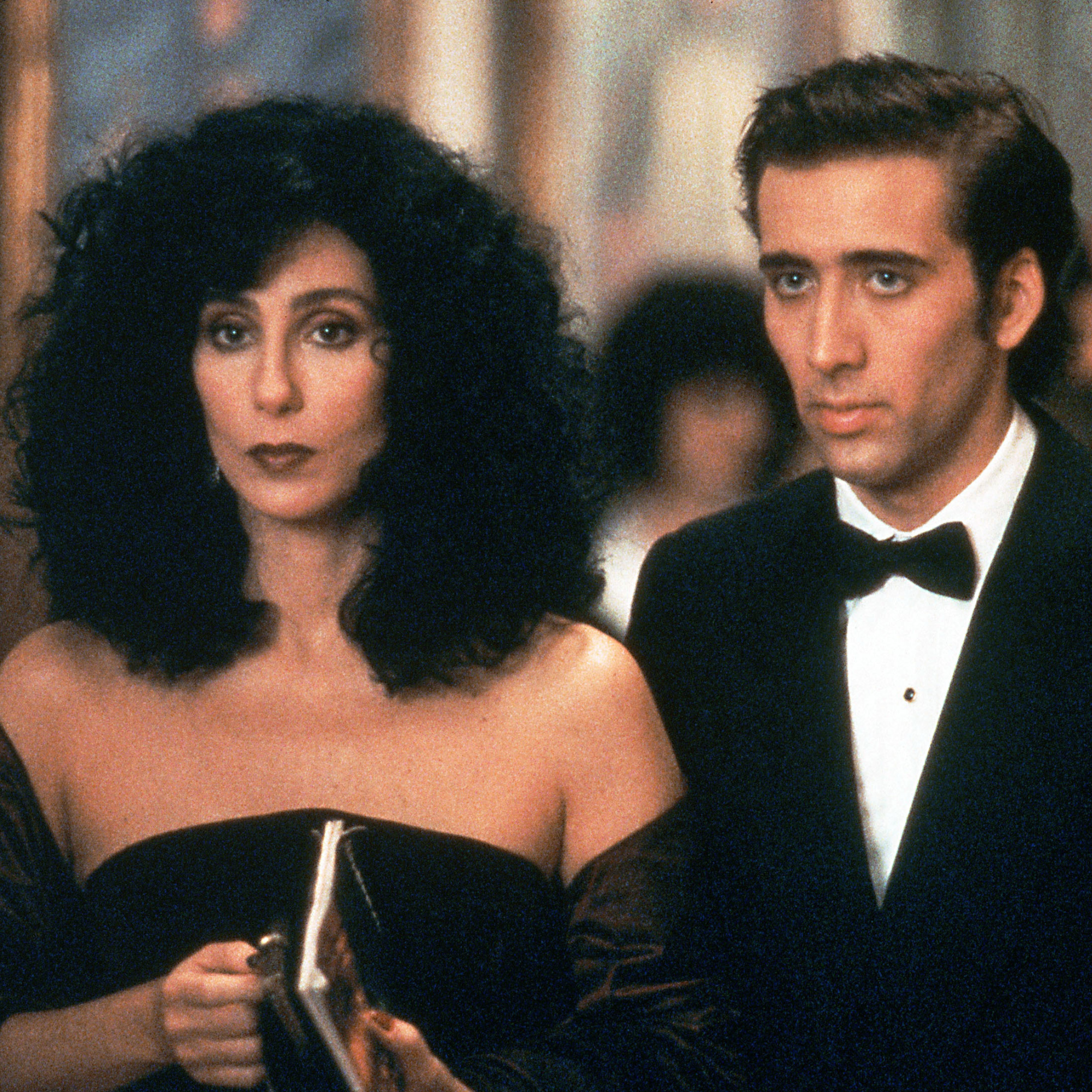- Magazine Dirt
- Posts
- Vegetation
Vegetation
The valve at the end of the world.

Colleen Tighe
Evan Grillon on being the model patient.
My mechanical heart valve ticks with every heartbeat. I can hear it in moments when I pause to breathe, when I’m in the bathroom, in silent moments while I’m working, while I lay in bed at night.
It is loud enough that in quiet spaces, others notice the sound. I have disturbed yoga classes with my ticking. My own family members, forgetting the piece of finely made metal that is sutured onto my heart, have looked up from their work to ask what that sound is. To some it sounds like a watch or a clock, to others, like a bomb, though rarely do I meet anyone who has so little tact that they say so. It ticks, of course, whether I notice it or not.
I’ve read of people who are driven half-mad by their mechanical heart valve, who can’t sleep, or whose wives can’t sleep, whose marriages are ruined by their insomnia or their anxiety. I cannot say I am driven half-mad by the sound, or even a quarter-mad. Most of the time I do not notice it. This is not the most interesting thing I could have said, I admit.

The illness that precipitated my valve replacement began with strep throat and a yellowish, chunky phlegm. Fevers came and went each day like postmen in the spring of 2021, only suppressed by a three-times-a-day dose of ibuprofen that I prescribed myself. I was wearing sweaters and windbreakers in the Florida heat because I was so chilly. Loved ones, naturally, encouraged me to go to doctors. In two urgent care visits and one emergency room visit, where I was hardly examined or interviewed, I was given antibiotics and told to go home. Did I know, doctors asked me, that I could catch COVID twice? Had I heard of RSV? Did I get ear infections often? The fevers returned the second I’d pissed out the antibiotics.
Then, one day, a pain developed in my abdomen. Appendicitis. To have a diagnosis at all was a relief. As I was wheeled toward the operating room, the anesthesiologist asked me what my favorite cocktail was. I said gin and tonic, and he told me, “Here’s the biggest gin and tonic you ever had.”
“Wait, no, whiskey neat,” I revised. He laughed. Then I went under.
Two weeks later, once my three tiny laparoscopic appendectomy scars had healed over, the fevers came back.
I did not suspect that my declining health had anything to do with my heart, or more specifically, the valves of my heart. The aortic valve is one of the passageways through which all blood must pass before it goes on to the rest of the body. A fleshy doorway, it is typically composed of three leaflets which flap open with the pressure created by every heartbeat. When I was 22, after waking up on Christmas Eve with an arrhythmia, I learned that the on-ramp for my arterial highway did not close all the way. Two of the three flaps, or cusps, that make up the valve were fused at birth, leading to a heart defect called bicuspid aortic valve, or BAV. The cardiologist I saw then told me that I had “some leaking,” which made me think I was dying. He sent me off with some beta blockers and told me not to worry.
He did not give me essential advice about how to handle my BAV: to take antibiotics before visiting dentists, to have antibiotics on hand for any potential infections like strep throat, to avoid lifting heavy weights, to see a cardiologist every couple of years. I’m not sure what he told me. I only remember my anger. Anger at having a shoddy valve, anger at the lack of clarity about my diagnosis. Anger familiar to most people who’ve found themselves saddled with a lifetime health condition and little guidance as to how to navigate it. In order to get that first diagnosis, I dropped several hundred dollars for a doctor’s expertise, only to be hustled out of the examining room as if it were the principal’s office.
Nearly a decade later, desperate to figure out why I was besieged by fevers, I was in a similar predicament. I sensed that the overworked and underpaid health care professionals I saw didn’t believe I was seriously ill because I wasn’t producing the beginnings of a corpse. This was, after all, the height of the pandemic in Florida; death was going door to door. And here I was, complaining of a fever. I had just turned 30. I was—and still am, or so I like to think—a young man. I could still walk my dog, grade papers, and post on Twitter. I’d lost some weight and wasn’t eating much, but I wasn’t incapacitated. These doctors concurred, gave me a once-over and moved me along. In hindsight, I could have demanded blood tests and better care, but deferring to doctors is what patients are supposed to do.
Illness is an undesirable condition, typically framed as a challenge to overcome. According to Susan Sontag, it’s “the night-side of life… a more onerous citizenship.” Everyone “holds dual citizenship, in the kingdom of the well and in the kingdom of the sick.” All I had to do was sit there and try to think positive thoughts while a credentialed stranger held my life in their hands. While a repeat patient must learn the language of a hospital, a person with citizenship in this second country may visit it only rarely and feel like a stranger upon their arrival.
Friends pointed out that if I was to receive any care at all, I had to advocate for myself. Soon I adopted a new attitude: crying and yelling into an iPad (provided due to COVID isolation protocols) in my primary care physician’s office. They ordered a battery of blood tests, and several days later, I woke up to several missed calls and messages, telling me to head straight for the emergency room. Apparently, the tests revealed a concerning amount of bacteria in my bloodstream.
Article continues below.

SPONSORED BY MUBI
STREAM INCREDIBLE CINEMA.
This is a sign for you to start watching great cinema. Like PASSAGES: Ira Sachs’ fresh, honest, and brutally funny take on messy, modern relationships. Now streaming exclusively on MUBI.
With MUBI, you can discover award-winning classics and modern masterpieces by visionary filmmakers from all over the world. And for a limited time, MUBI is offering Dirt readers one month of incredible cinema for only $1.
1 month. $1. Endless movies.

The Delta Wave was cresting, and the Gainesville hospital I checked into was barely managed entropy. I waited for hours, alone. A man asked if someone could just “saw down” his tooth. A woman who was herself a nurse in the hospital said she had been waiting for eighteen hours. Having read too much Denis Johnson, I became afraid that an orderly might come along and cause me more trouble than I was already in. A nurse, wandering by, noticed me laughing, and welcomed me to the circus. No man ever came in with a knife in his eye, though.
It’s easy to feel out of time and space in a hospital. There are layers to its purgatory. The waiting room is the first, where you can still walk back out the door without alarming anyone
It’s easy to feel out of time and space in a hospital. There are layers to its purgatory. The waiting room is the first, where you can still walk back out the door without alarming anyone. I was briefly pulled out of that purgatory by a voicemail from my father. My uncle had passed away. My father sobbed as I had only heard him cry a few times before—plangent, the syllables drawn out so I could barely make out what he was saying. “My brother is gone,” he said and hung up. When I called him back, he had collected himself and told me about the weather. I had to tell him that I was in the ER, that I was sick and didn’t know what it was. But I wanted to be the model patient and the model son, brave and reassuring, so I told him it would be fine. Everything would be fine, we told each other. Everything would be fine.
Once admitted, I wanted the doctors and nurses to like me, to know I knew we were all doing our best, so I cracked jokes and forced a smile. The jocularity, the smiling, all of it was the test of a watchful patient: if the doctors were still laughing at my jokes, then they were not only paying attention, but whatever news they were bringing me could not be that bad.
Diagnoses take time. I did not get one until I had been in the hospital for a couple of days. An electrocardiogram technician came by with a student in tow (I was in a teaching hospital). I sat there as he rubbed my chest genially with the EKG stick. He asked her if she saw that, but did not announce what “that” was. I knew better than to ask. Later, I was informed that bacteria had built a quarter-inch colony—“vegetation” was the word—on my aortic valve. This vegetation was not a philodendron or a pothos but a snot-yellow mass. It had punched a hole in one of the two leaflets of my valve. Every time my heart pumped, two jets of blood spouted back into my heart.
Endocarditis is rare enough in young people that I became an object of curiosity in the Family Medicine wing. Besides people with BAV, it usually occurs either in geriatric populations who are immunocompromised or in people who are sharing unclean needles. Every time I saw a new doctor in my room they seemed puzzled by my youthfulness and then checked the crook of my elbow. Infectious disease specialists, nurses, pharmacists, and dentists have all asked me with a delicate mix of disgust and fascination in their voice, “Where’d you get it?”, as if my endocarditis was a rare mink coat.
As likely a cause as any was interdental manipulation: teeth cleaning, flossing, heavy brushing. Turns out, bleeding gums are a direct conduit for bacteria to the bloodstream. When I told the family medicine doctor I had gotten “really into flossing during the pandemic,” he said that might have done it. But there was no way to know. Anyway, I wasn’t his problem anymore. That’s the nature of the American medical system: disasters are passed from one MD to another, with little care or concern for how the disaster happened in the first place.
I was to have open heart surgery. The cardiothoracic surgeon told me rather blithely that he would saw through my sternum, crack open my rib cage, cut out the faulty valve, and replace it with a new one. He didn’t look much older than me, had a handsome, square-jawed face and wore a backpack. His casual, boyish confidence at turns reassured and terrified me. Valve replacement, in his words, was a “safe” surgery that he did all the time. I would be cooled to near-hypothermic temperatures to keep me in stasis; I would be put on a heart-and-lung machine. He assured me I had a “1 percent chance of dying on the table,” a statistic that he promptly revised upon seeing the blank terror in my eyes to “less than 1 percent.”
I felt myself seesawing between gratitude for my life and preoccupation with the void.
With a week and a half to go until the surgery, my thoughts were, of course, occupied by death. I felt myself seesawing between gratitude for my life and preoccupation with the void. In the hospital, with nurses and doctors constantly milling about, roommates pissing on the floor and muttering nonsensically or, worst of all, playing video games on their laptop until the wee hours of the morning, I felt rather pointless. Was this, I wondered to myself, the fate of the patient? My fate? In sickness, “we cease to be soldiers in the army of the upright; we become deserters,” wrote Virginia Woolf.
Virginia! My sense is that it’s very easy to feel as if we are deserters, when in fact, we are in the grips of a fait accompli. I spent a lot of time on r/valvereplacement, a community with less than 1,500 members, where the prevailing sentiment seemed to be either “I’m dying” or “everything will turn out fine!” Most posts consisted of people like me, patients who are waiting for heart surgery and anonymously enumerating their fears, only to be reassured by other users that modern medicine is very safe. Or worse, “Have you tried talking to a therapist?” However, I was most disturbed by the valve recipients who had survived only to find life after open heart surgery nearly as intolerable as it had been before. Some of these people were openly suicidal. The ticking of their mechanical valve was like the tell-tale heart in Poe, herald of their doom: the next irregular heartbeat would be their end. Some were still sick or had gotten sicker. Most users responding to these posts were sympathetic, but those users who had pushed positivity and gratitude sometimes turned angry when their encouragement wasn’t received well: Don’t you know the gift you’ve been given?, they asked, and quoted Nietzsche and the Stoics. This anger seemed almost defensive, as if they were afraid that by imbibing another’s despair, melancholy might overtake them too.

MATTERS OF THE HEART
|
|
|
|
|
|







